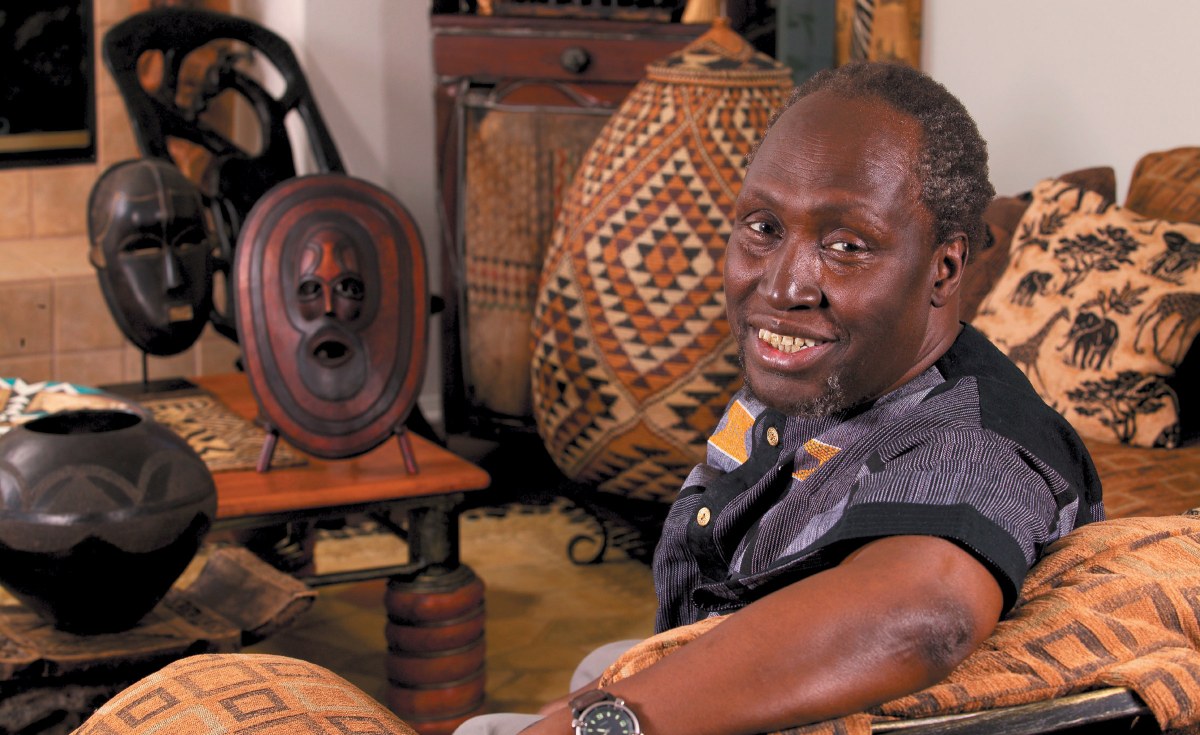
CAF President Confirms AFCON 2027 to Proceed as Planned
CAF President Dr. Patrice Motsepe has dismissed rumors, assuring Kenya, Tanzania, and Uganda that AFCON 2027 will follow the original schedule.
Celebrated Kenyan author and activist Ngũgĩ wa Thiong'o has died aged 87 in the United States, leaving an indelible mark on African literature and education through his revolutionary works.

Renowned Kenyan literary icon Ngũgĩ wa Thiong'o, whose transformative writings reshaped postcolonial discourse across Africa, passed away on May 28, 2025, at age 87. His daughter confirmed the death from the United States, where the author had resided during his later years.
Widely regarded as East Africa's preeminent novelist, Thiong'o pioneered revolutionary narratives exploring identity, language politics, and decolonization. His influential career spanned six decades and included groundbreaking works originally composed in his native Gikuyu language – a defiant stance against linguistic imperialism that saw him become the first Booker Prize nominee for indigenous African-language literature.
Thiong'o's unwavering activism came at great personal cost: imprisonment by Kenya's authoritarian regime in the 1970s and subsequent decades of exile. Despite these challenges, his works like "Decolonising the Mind" became foundational texts in academic curricula across the continent, fundamentally altering pedagogical approaches to African literature.
Global tributes poured in following news of his passing. Kenyan President William Ruto led national mourning, calling Thiong'o "a lighthouse of our cultural consciousness," while former Deputy President Rigathi Gachagua lamented "Africa has been orphaned." Ugandan opposition leader Bobi Wine praised the author's "unstoppable spirit that nurtured generations of free thinkers."
Kenyan authorities arrest senior police officer Samson Talam...
Read moreScholars note Thiong'o's enduring legacy extends beyond his novels. "His insistence on indigenous languages transformed classrooms from Nairobi to Johannesburg," remarked The Conversation Africa, "creating what many term Africa's Literary Renaissance." The Nile Post highlighted how his works "continue dismantling colonial mental frameworks" in education systems.
Born in 1938 in British-ruled Kenya, Thiong'o witnessed his nation's independence struggle – experiences that fueled his critique of neo-colonialism. His final years saw recognition of his global impact, including his historic 2021 Booker Prize longlisting for "The Perfect Nine."
Comments (0)
Leave a Comment
Be the first to comment on this article!